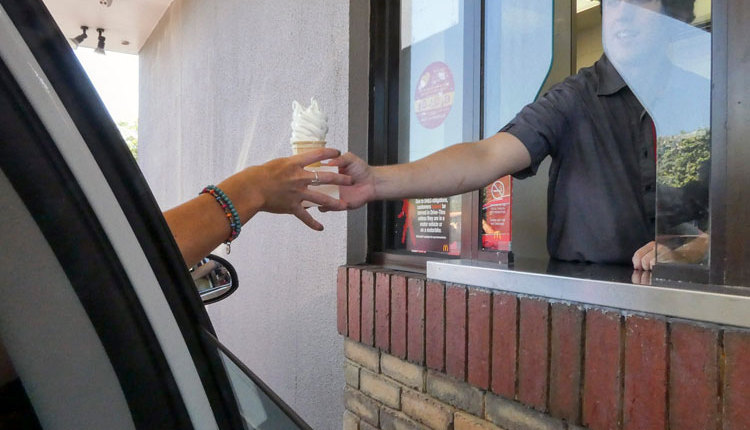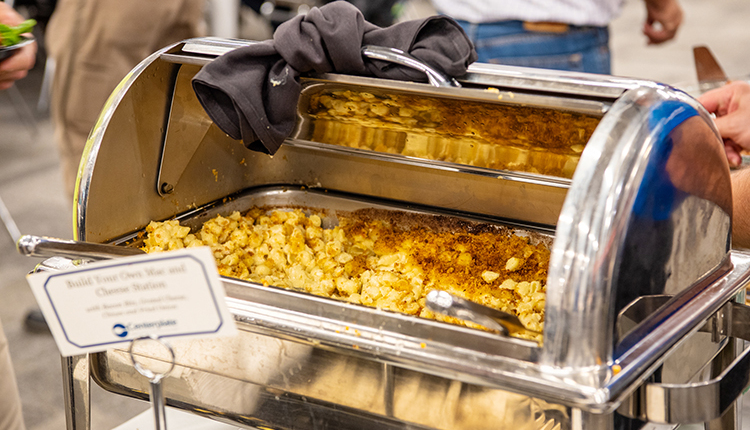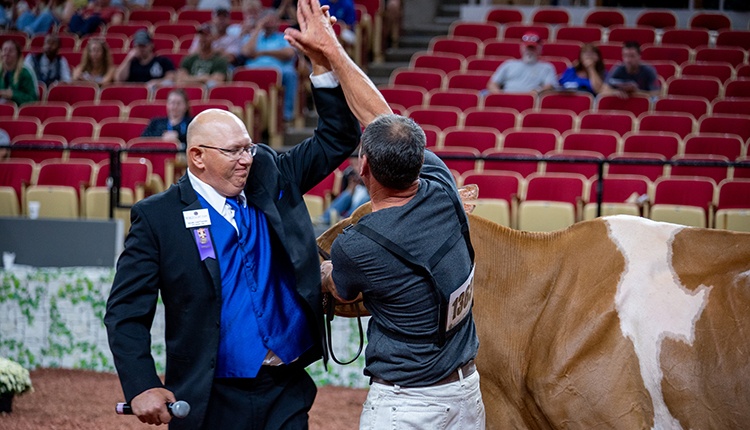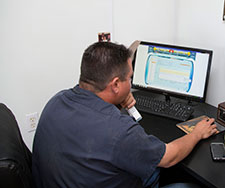 The internet can provide a wealth of information for dairy producers . . . if they have access to it. A frustration across rural America of farmers and non-farmers alike is the lack of high-speed internet in parts of the country. Still, the options for connecting to the internet continue to grow, and computers and smart phones have become an almost constant presence in our lives.
The internet can provide a wealth of information for dairy producers . . . if they have access to it. A frustration across rural America of farmers and non-farmers alike is the lack of high-speed internet in parts of the country. Still, the options for connecting to the internet continue to grow, and computers and smart phones have become an almost constant presence in our lives. Likewise, computer and internet usage and availability are on an upward trend among farmers. Every other year, USDA-NASS conducts a survey and releases a Farm Computer Usage and Ownership report. According to their most recent report revealed last month, 70 percent of farmers reported having access to the internet, up 3 percent from 2013.
The most popular form of internet connection was DSL (Digital Subscriber Line), which was used by 30 percent of farms. A wireless connection followed closely behind at 29 percent, up 5 percent from 2013 and 9 percent from 2011. Satellite usage grew 4 percent over the past two years, up to 21 percent, and twelve percent of farms used a cable modem service.
Meanwhile, slower dial-up internet may become a thing of the past. Just 3 percent of farms were using this form of internet connection, down from 12 percent in 2011.
To make use of the internet, almost three-quarters of farms (73 percent) reported to have access to a computer, while 71 percent owned or leased one. Computer usage to conduct farm business was at 43 percent, up 3 percentage points. Using computers for farm business was most common in the West (48 percent) and least common in the South (36 percent).
Forty-seven percent of crop producers said they used computers for farm business, compared to 39 percent of livestock producers. Half of the participating dairy producers used computers to do business on their farm, according to the report.
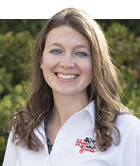
The author is an associate editor and covers animal health, dairy housing and equipment, and nutrient management. She grew up on a dairy farm near Plymouth, Wis., and previously served as a University of Wisconsin agricultural extension agent. She received a master's degree from North Carolina State University and a bachelor's from University of Wisconsin-Madison.






